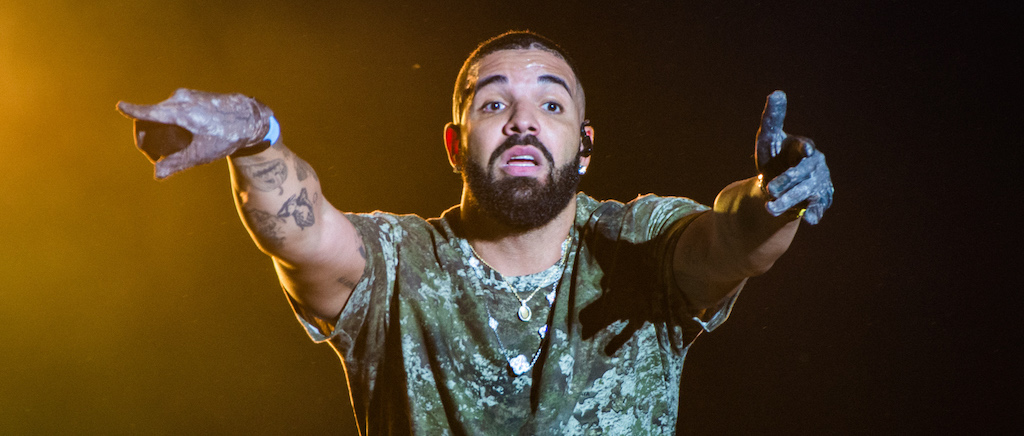
Artists Tykeiya Dore and Marc Stephens have filed a $5 million copyright lawsuit against Drake and Chris Brown, claiming that their 2019 hit “No Guidance” borrows extensively from Dore and Stephens’ 2016 track, “I Got It.” The suit alleges notable similarities in chord progressions, tempo, and melodic structure, with particular emphasis on the parallel phrases “I got it” and “You got it” featured in both songs.
According to Hypebeast, The lawsuit goes beyond Drake and Chris Brown, naming an extensive list of collaborators, including producers Noah “40” Shebib, Vinylz, J-Louis, and Teddy Walton, along with songwriters Velous, Nija Charles, and Michee Lebrun. RCA Records and associated publishers are also implicated in the claim.
In their filing, the plaintiffs suggest potential avenues through which “I Got It” could have reached the “No Guidance” team via industry connections. Additionally, they challenge YouTube’s response to a related copyright claim, alleging that the platform improperly penalized Stephens’ channel after he requested a takedown.
The post Drake and Chris Brown Face $5 Million Copyright Lawsuit Over “No Guidance” appeared first on .

